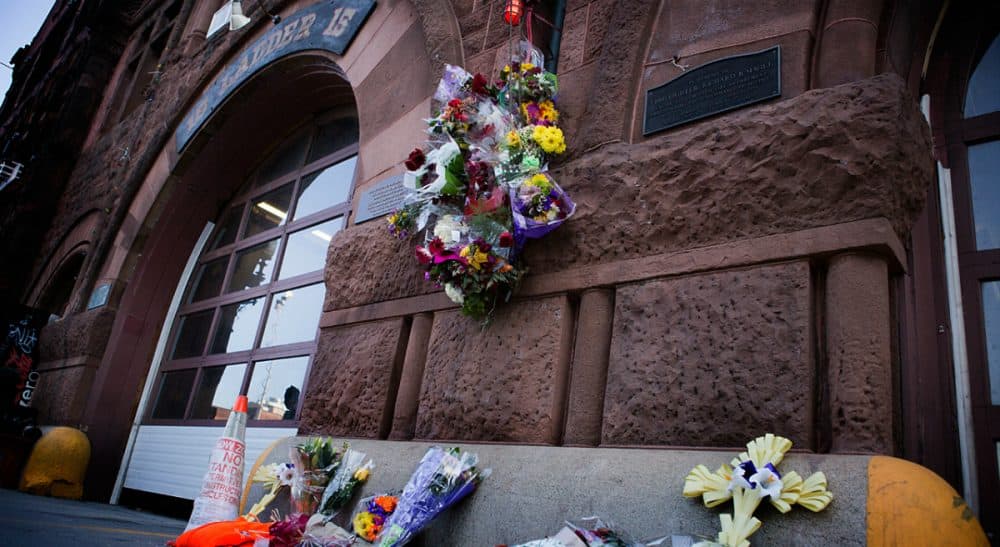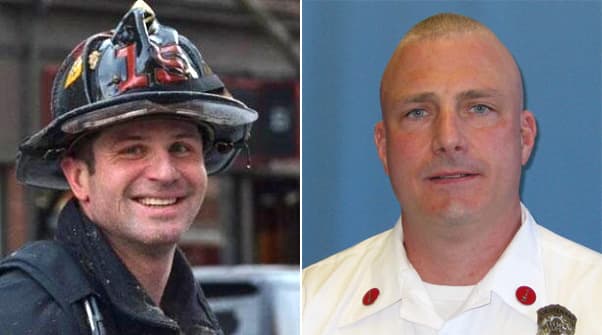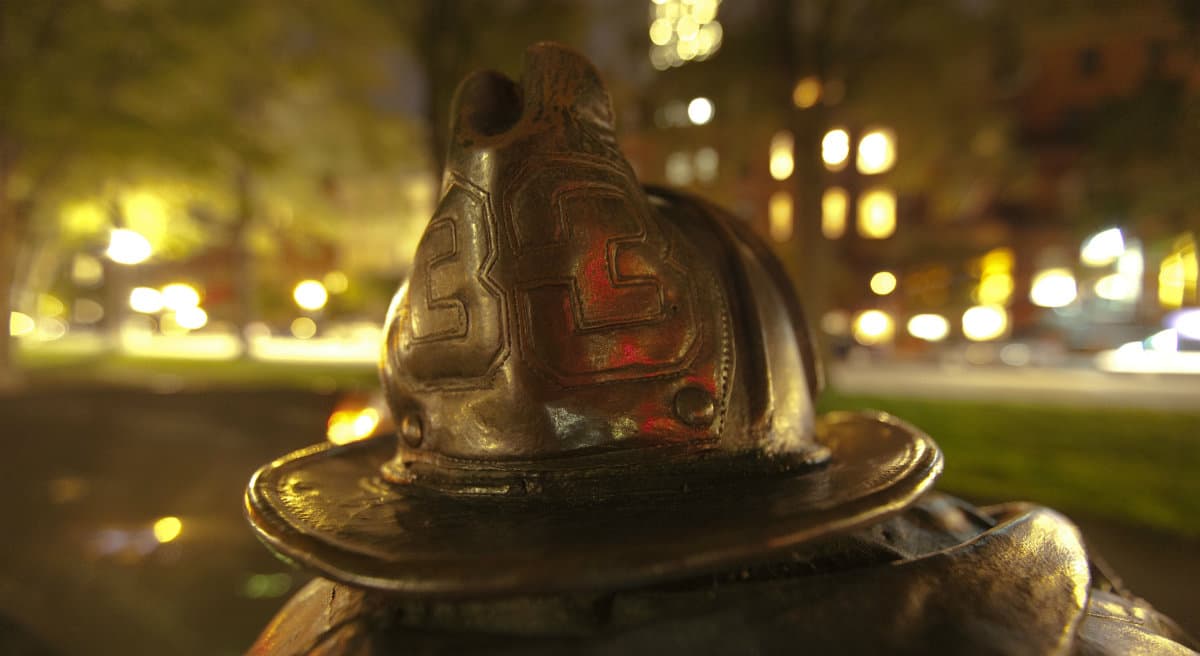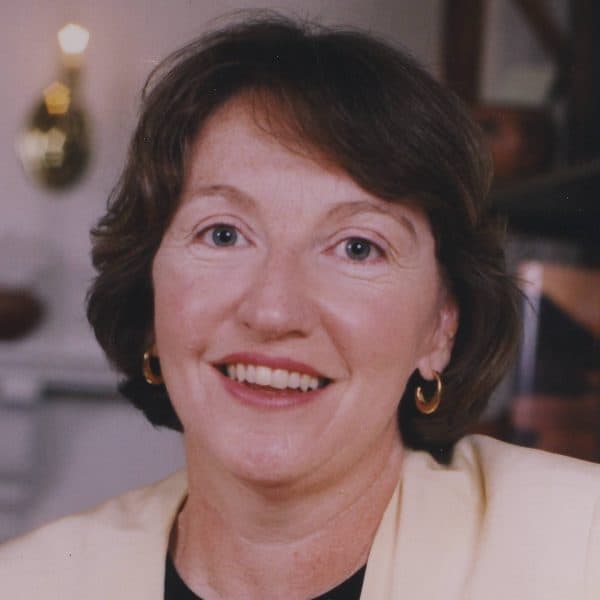Advertisement
Grief, Gratitude And What We Owe Our First Responders

The Vendome. The Marathon. The past, once again prologue.
Long and short-term memories flared yesterday, as fierce as the flames that gutted a Back Bay row house, claiming the lives of two firefighters caught in a fresh tragedy for the city of Boston.
The nine-alarm blaze at 298 Beacon Street was only two blocks from the scene of the fire at the Hotel Vendome on Commonwealth Avenue that killed nine firefighters on the eve of Father’s Day in 1972, men like Michael R. Kennedy and Edward J. Walsh who run into places the rest of us rush to escape.
soon after the moving tributes and tearful remembrances of two men who embraced a job that, at its core, requires a willingness to die to save others, the city will have to put a price tag on that commitment.
In the saddest sort of symmetry, Kennedy and Walsh died just blocks from their firehouse on Boylston Street, the busiest in the city and the first to respond when bombs exploded outside its front door a year ago at the finish line of the Boston Marathon. Their friends remembered them on the street that day, tying tourniquets and administering first aid.
In the days ahead Boston will grieve for the men that Mayor Marty Walsh rightly called heroes, their sudden deaths a reminder of just how fast how much can change, a lesson Boston learned only too well on a sunny afternoon last April. But soon after the moving tributes and tearful remembrances of two men who embraced a job that, at its core, requires a willingness to die to save others, the city will have to put a price tag on that commitment.
Boston firefighters and the city are bracing for tough contract negotiations this year. Mayor Walsh, a former union man himself, has promised to be at the table to help forge a pact that squares fairness with fiscal realities. Firefighters got a 19 percent pay raise in their last contract after acrimonious negotiations in 2010. They will be looking for more in the wake of the City Council’s approval last December of an arbitration award that gave Boston police a 25.4 percent raise over six years to bring them in line with the firefighters’ pay.
Advertisement

The demand for pay parity between police and firefighters is an ever-escalating arms race for a city with many needs and limited resources. The new mayor will have to find consensus somewhere between the public’s reflexive antipathy toward municipal unions and its abiding respect for the work of first responders.
It will be harder to do in the aftermath of the two fatalities and multiple injuries on Beacon Street yesterday. Photographers captured the magnitude of the loss in the image of dozens of uniformed firefighters marching alongside the hearse carrying the body of one of the fallen from Boston Medical Center to the Medical Examiner's Office. Grief and gratitude will have a seat at the negotiating table this year.
City payroll records released earlier this year showed that one out of four full-time city workers made more than $100,000 in 2013, numbers inflated by the demands of responding to the bombings at the Boston Marathon. Sixty-eight percent of the Boston Fire Department’s employees made more than $100,000 and earned more than $20 million in overtime.
The new mayor will have to find consensus somewhere between the public’s reflexive antipathy toward municipal unions and its abiding respect for the work of first responders.
Is it too much? Is it enough?
It has been 42 years since five floors at the southeast corner of the seven-story hotel at Dartmouth and Commonwealth Avenue collapsed, leaving eight women widows and 25 children fatherless. It took 25 years before we memorialized their sacrifice in bronze and granite on the Commonwealth Mall across from the Vendome.
Now, three children under the age of 10 have lost their dad. The acrid smoke will have barely dissipated above Beacon Street before we are asked as a community to calculate the cost of such sacrifice.
Related:

